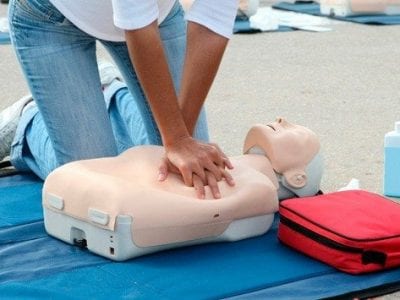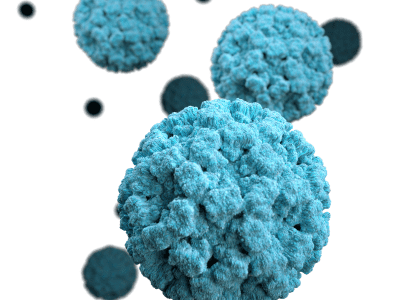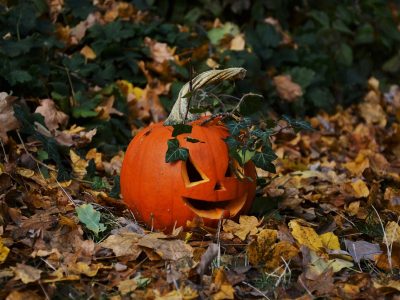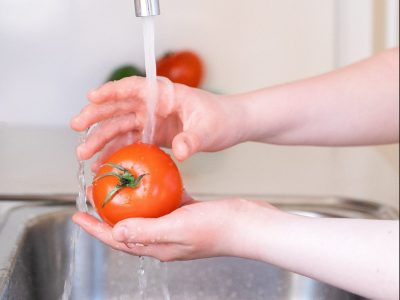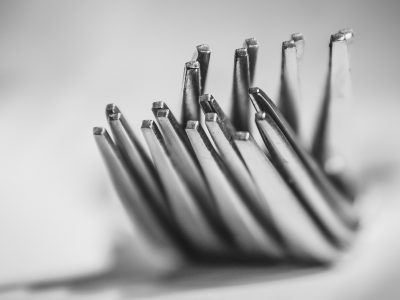Blog
Retail Quality Assurance & Food Safety Requirements
Retail Quality Assurance Services are beneficial for several reasons; Regulatory Compliance: Retail business must comply with Food Safety Regulations. QA services ensure that these regulations and standards are met, helping to avoid legal issues or penalties. Having a QA consultant can assist the business in preparation for regulatory authority inspections and enable the team to […]
Read moreApproval for Regulation (EC) No 853/2004 Specific Rules for Hygiene of Foodstuff of Animal Origin
Achieving approval under Regulation (EC) No. 853/2004, which sets specific hygiene rules for food of animal origin in the European Union, involves a detailed and structured process. Below is a step-by-step guide to help a food business achieve this approval: Step 1: Understand the Regulation Study Regulation (EC) No. 853/2004: Familiarize yourself with the […]
Read moreImportance of EHO/HSE inspections for Food Safety
In Ireland, there are different agencies involved in monitoring and holding the food industry responsible for food safety and management. The Health Service Executive (HSE) employs Environmental Health Officers (EHO) to inspect and monitor food businesses in which food is manufactured or sold. There is a registry for EHO’s on the HSE website so your […]
Read moreEnhancing Employee Safety and Well-being through Comprehensive Health and Safety Training
In the dynamic world of the foodservice industry, ensuring the well-being of both employees and customers is paramount. From preventing accidents and injuries to promoting employee well-being, a comprehensive health and safety strategy is essential for businesses to thrive. While food safety is undoubtedly crucial, the concept of health and safety encompasses a wider spectrum […]
Read moreEmpower Yourself with Life-Saving Skills: Enhance Your Knowledge with First Aid Training at The Food Safety Company
In today’s fast-paced world, accidents can happen anytime and anywhere. Being prepared to provide first aid in an emergency can make a world of difference in someone’s life. At The Food Safety Company, we recognize the importance of first aid training and are proud to offer a comprehensive range of courses to equip you with […]
Read moreNorovirus: A Silent Threat in the Irish Food Industry
Norovirus, also known as the winter vomiting bug, is a highly contagious intestinal virus that poses a significant threat to the Irish food industry. As the leading cause of foodborne outbreaks, accounting for over half of all reported cases in Ireland, this microscopic menace can wreak havoc on kitchens and dining establishments, causing widespread illness […]
Read moreThe Magic Behind Smash Burgers
Calling all burger lovers!! Ever wondered about the magic behind those perfectly thin, crispy-on-the-outside, juicy-on-the-inside smash burgers? Join us in this bite-sized blog where we unwrap the secrets of smash burgers. From their intriguing history to the artful smash techniques, we’ve got your cravings covered. Ready to sizzle? What is a Smash Burger? A smash […]
Read moreA Guide to Nursing Home Hygeine Requirements
Nursing homes play a vital role in providing care and support for elderly individuals. Maintaining a clean and hygienic nursing home is crucial to ensure the well-being and health of each resident. In this article, we will explore the essential hygiene requirements for nursing homes, highlighting the importance of adherence to these standards in promoting […]
Read moreFrom Carving to Cooking: A Safe Pumpkin Preparation Guide
Pumpkins are the quintessential symbol of autumn and Halloween. From carving a spooky pumpkin to creating delicious pies and soups, pumpkins can add a touch of magic to your fall festivities. But before you dive into pumpkin carving and cooking, it’s important to follow a few simple rules to ensure that your pumpkin journey is […]
Read moreKey Considerations for Safer Water in your Food Business
Food business operators have a responsibility for the quality of water used directly, e.g. as an ingredient in food production, or indirectly, e.g. in cleaning or processing during the manufacturing of food. The quality of the water used in food production must meet the basic standards governing the quality of drinking water, i.e. potable water […]
Read moreBoost Your Food Safety Standards with In-House Training
If you are a food business owner or manager, you know the importance of training your staff to comply with food safety regulations. When it comes to choosing the right training methods, there are many options available, such as online, public, or in-house training. Each option has its own advantages and disadvantages, depending on your […]
Read moreThe Importance of Allergen Menu Compliance
Allergens used as ingredients in food must legally be declared by Food business operators (FBOs). Menu compliance can be achieved by identifying allergens in dishes and clearly communicating this information to customers and training employees accordingly. Let’s delve into the key aspects of allergen menu compliance and what it means for both customers and food […]
Read moreThe Importance of Pest Control in your Food Business
The production of safe food lies in the hands of the food business operator. Part of that responsibility includes having adequate procedures in place to control pest activity within the business. Pest control is important because pests can carry harmful bacteria that can contaminate foods, i.e., Salmonella, Listeria monocytogenes, etc. Pests are a threat to […]
Read moreYour Guide to Starting a Food Business
Your Guide to Starting a Food Business If you are thinking of starting a food business, it is your legal responsibility to make sure your business complies with food law and produces safe food. In this article, we’ll be taking you through 9 essential points for anyone starting a food business. Register your food business […]
Read moreEssential Steps for Starting a Food Business: 9 Key Points to Ensure Compliance and Safety
If you are thinking of starting up a food business, it is your legal responsibility to make sure your business complies with food law and produces safe food. The following 9 points are a must when starting up you own food business. Register your food business Your business must be registered before you start operating, […]
Read moreThe Scoop on Safely Handling and Serving Soft-Serve Ice Cream
Introduction: Soft-serve ice cream is a beloved treat that brings joy to people of all ages. Whether it’s a sunny summer day or a chilly afternoon, soft-serve ice cream has a way of satisfying cravings and creating smiles. However, as delicious as it is, ensuring its safe handling and serving is of utmost importance for […]
Read moreBRC (British Retail Consortium): What is it and what are the benefits?
What is BRC? Within the food industry, there are numerous standards that need to be followed to ensure the safety of all food produced. So, what is BRC and what are your organisation’s responsibilities in meeting it? The British Retail Consortium (BRC) first published its Global Standard for Food Safety in 1998. Developed to help […]
Read moreCork Incubator Kitchens: Who is it for and What are the Benefits?
In our last article, we introduced you to Cork Incubator Kitchens – an initiative of the Cork County Council. Cork Incubator Kitchens have had great success with a range of clients so far. In this post, we are going to take you through the benefits of the initiative and who it is aimed at. Cork […]
Read moreAn Introduction to Cork Incubator Kitchens
Cork Incubator Kitchens is an initiative established by Cork County Council with the aim of assisting new and existing food ventures to start, grow, and expand their businesses. Located in the Carrigaline Industrial Business Park, this state-of-the-art facility is comprised of two professional kitchens, fully equipped with fantastic equipment and storage areas. Previous clients […]
Read moreFood Safety Culture
Food safety culture is a mindset throughout all levels of an organisation, no matter its size, to put food safety to the forefront of its business goals and development. Evidence of a good food safety culture might be; commitment of all management and employees to produce and distribute safe food; leadership geared toward safe food […]
Read more




